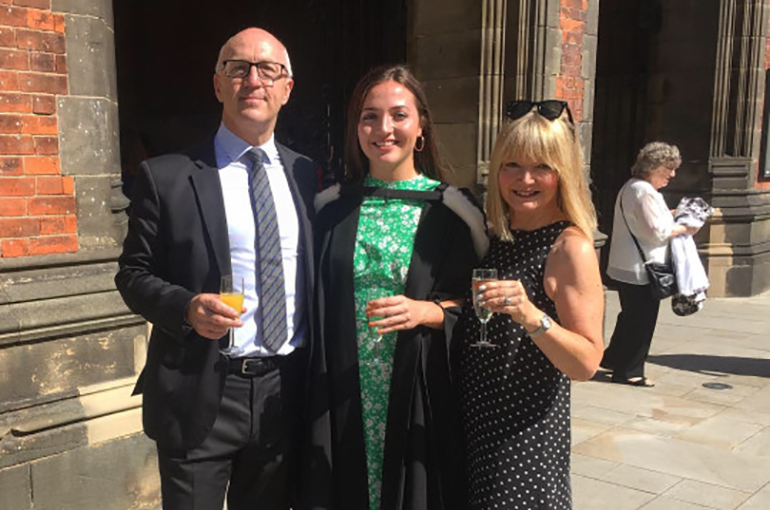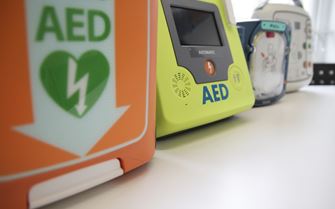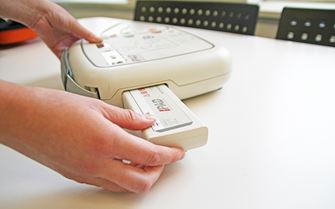Amazingly, the club manager had been on a CPR refresher course just the week before, and so they continued to give me CPR and use the defibrillator to deliver shocks in the 10 minutes or so before the paramedics arrived and took over.
The first thing I knew was coming round in hospital later that day, with my wife on one side and daughter on the other, holding my hands.
In the five years since that fateful Sunday morning, life has continued to unfold in ways I couldn’t have imagined as I crashed to the floor of that squash court. I’ve worked my way back to full health; slowly, steadily, and gratefully. The gym is once again part of my routine, and while I’ve retired my squash racquet, I’ve found joy in a more sedate (but surprisingly strategic) alternative: Pickleball.
I’ve also returned to my roots. As a freelance journalist and copywriter, I’ve indulged my lifelong passion for words, writing full-time again and taking on projects that matter.
And I've used the experience to start a completely new chapter - one I hadn’t planned. I was invited to speak to business groups and schools about resilience: what it really takes to bounce back when everything changes in a heartbeat - or the loss of one. Via conference keynotes and a TED Talk entitled Being Human, I’ve been given a chance to share what I’ve learned with others who’ve survived cardiac arrests, and with many more who haven’t but still find themselves needing to start again.
The road back isn’t easy. But with the right mindset, the right support, and a willingness to rewrite the narrative, it is possible. I’m living proof!
You can hear more of Paul’s story in his own words, and what he’s been doing with his ‘second chance at life’, on the British Heart Foundation's Ticker Tapes podcast.












